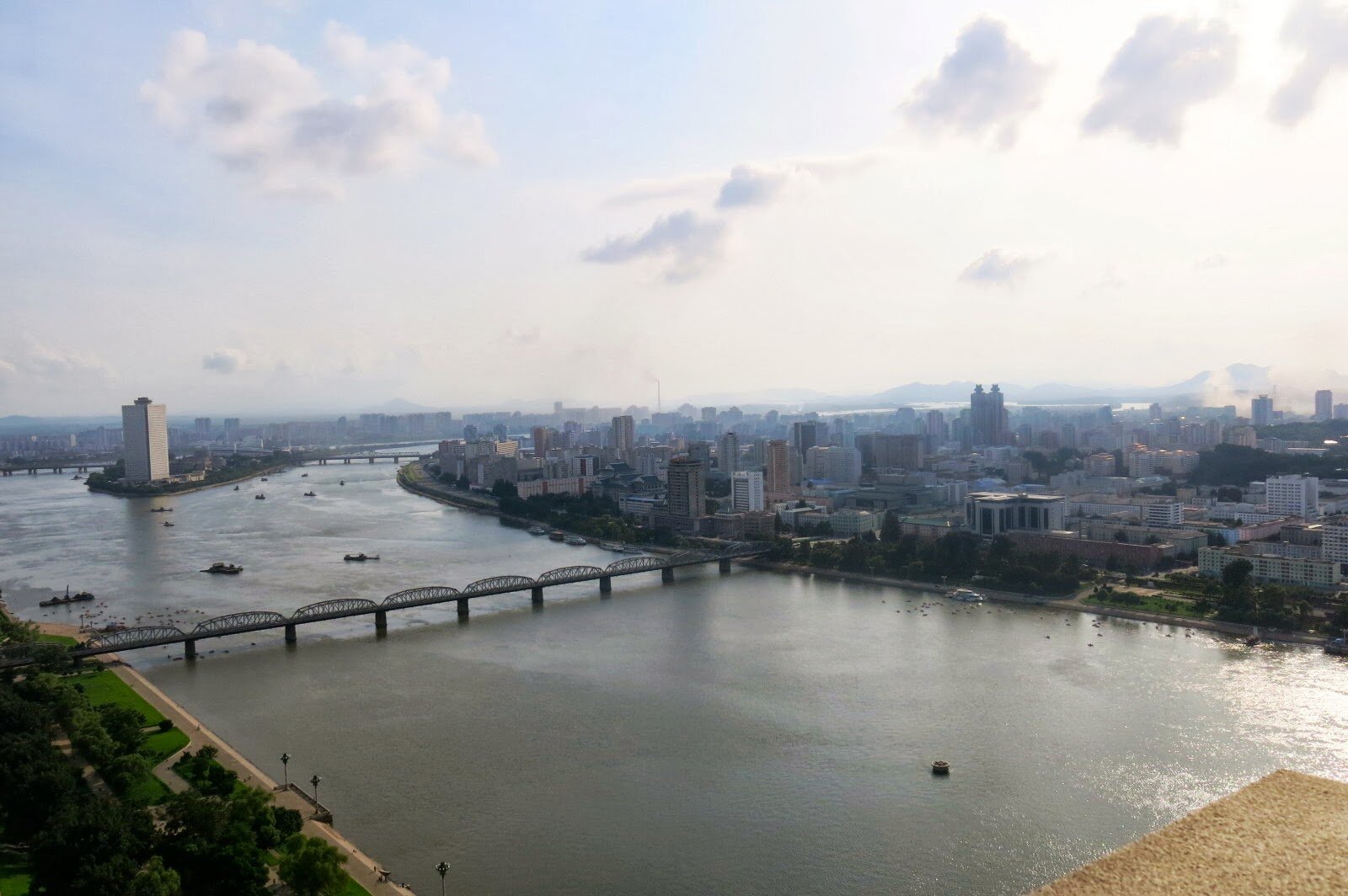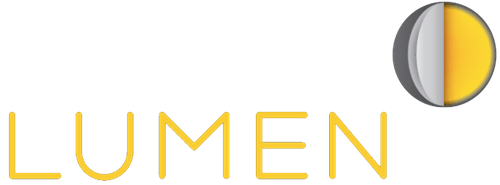
North Korea is the most closed and restrictive information environment in the world.
North Koreans are banned from viewing the news, movies, and media that you come across every day. This is the story of how North Koreans have, against all odds, begun to connect with the outside world, and slowly unravel the oppressions they face.
Curiosity is Alive in North Korea
Lumen’s new video explains our mission in the larger context of curiosity. While the world so often reports on death, hunger, and struggle in North Korea, curiosity is very much alive and thriving. Through our mission, we hope to satiate that curiosity by bringing the world’s knowledge, media, and communications technology to the North Korean people.
Watch the video, and scroll down to Learn More about the transformative potential of North Korean curiosity.
North Koreans are living in the dark.
0% of North Koreans live with open and unrestricted access to the internet. The North Korean regime tightly controls the types of information and media content its citizens consume. The average North Korean person is completely cut off from information and media coming from the outside world.
The North Korean government denies its citizens many things, including basic resources, opportunities, and freedoms that people around the world enjoy.
By restricting information access, it also denies people the truth about the world around them.
Instead of the truth, state propaganda.
While much of the world learns about widespread human rights abuses, famine, and rigid authoritarianism in North Korea, the country's TVs, newspapers, and other forms of media and information-sharing broadcast state propaganda, like this video about a new waterpark in the country’s capital.
In the late 1990s, the North Korean state-run economy collapsed, largely due to the fall of the Soviet Union, which had long provided the country with aid and support.
As wages for workers fell and food became scarce, up to 10% of the North Korean population died of hunger between 1994 and 1998, and the state offered little to no help.
The famine and the severe resource insecurities that came with it forced some North Korean people to begin to question the system in place around them.
Despite all of its messaging and the feverish cult of personality around its so-called "generous" leaders, North Korea was clearly unable to provide for its people.
In response, the North Korean people were resourceful, risking their lives to build cross-national connections and let resources flow into the country.
The Yalu and Tumen Rivers flow along the border between North Korea and China.
In the winter, the rivers often freeze, allowing people and materials (including USB drives, SD cards, DVDs, and more) to traverse its surface and flow in and out of the country.
The Yalu River is one part of a deep, complex network of people, interactions, and transactions that bring the world's information and media into North Korea.
Through these networks, North Korea's underground markets were born, largely led by women covertly selling necessities and occasional luxuries to other community members while their husbands worked state-mandated jobs that paid meager wages.
Image Credit: Here
These markets don’t just sell food and clothes.
While avoiding government oversight, they also sell USBs, SD cards, DVDs, and other devices that contain the world's media. North Koreans with access to these markets could not only provide for themselves and their families, but also get their hands on materials whose import has long been banned through official channels.
Image Credit: Here
North Koreans are growing increasingly connected.
Access to communications devices and foreign media in North Korea is growing rapidly. With USBs, smartphones, and other devices, they are exploring curiosities that state-sanctioned media does not want them to.
Media makes all the difference.
North Koreans reading South Korean books, watching K-Dramas and American TV shows, and listening to international music often find their worldview unraveling, forcing them to question everything their country has taught them.
In this video, Geum Hyok Kim describes how his understanding of North Korea unraveled while studying abroad in Beijing, a luxury afforded only to the richest of North Koreans. Through internet in Beijing, he began to discover the reality of his country’s human rights violations, which then prompted his defection.
In this video, Evelyn discusses her escape from North Korea. Before defecting, she used USB drives to covertly watch South Korean and American movies, teaching her about the world in ways her own country did not.
“We must let people know about the outside world. The strategy here is information. This is how we get democracy without war. People risking their lives for the Kim regime are doing so because they don’t know any better. Outside information is key. It’s not an immediate magic bullet, but it’s a crucial step because it sparks the process of distrusting the government and that distrust becomes resentment, which can evolve into practical action and changes in one’s behavior.”
— Choi Jung-Hoon, Broadcasting Director of Free North Korea Radio
Here at Lumen, we’ve paid close attention to these stories.
We’ve realized that a critical and often overlooked facet of North Korean human rights — and of confronting dictatorship in North Korea more broadly — is information.
If North Koreans discover the reality that their leaders have hoarded wealth at the expense of their wellbeing, and that much of their history and education has been manipulated to advance militarization and leave society on the constant brink of total war, the country may see evolutionary, or even revolutionary, change over time. We must equip North Korean people with the information and knowledge to question the world around them and, slowly, begin to hold their own government accountable.
Lumen is breaking through the information firewall.
We are working to centralize various skill sets to maximize distribution of information into North Korea. Our team has decades of experience in fieldwork, research and publishing, advocacy, engineering, and policy in authoritarian regimes with a focus on North Korea.
Support our work through a donation to Lumen.
Developing technology that distributes information to the most disconnected population on Earth is no simple or cheap task. We rely on donations to keep our mission alive.
Learn more about our team, and consider getting involved.
Visit the “Our Team” page to learn more about the global team focused on expanding information access in North Korea, and reach out to us if you’d like to be part of our work.







